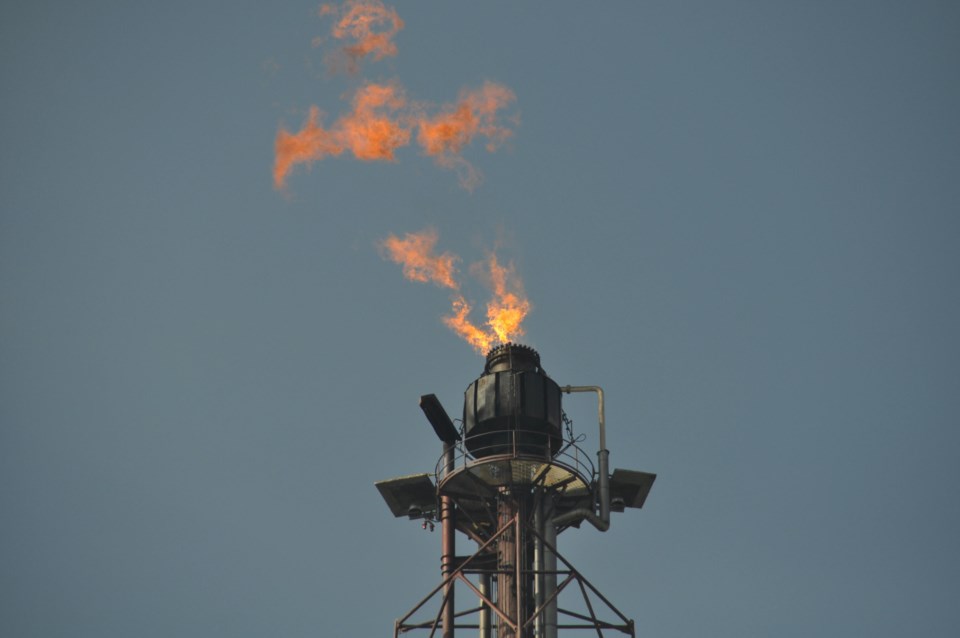The Energy Resource Appeal Tribunal dismissed a Peace Country homeowner’s challenge of a British Columbia Energy Regulator (BCER) permit for an oil and natural gas development.
In a Monday, Feb. 3 decision, panel chair Nancy Moloney agreed with the BCER and Ovintiv Canada ULC that Richard Kabzems of Farmington, north of Dawson Creek, lacks standing to appeal the permit and the tribunal lacks jurisdiction to hear such an appeal.
BCER approved Ovintiv’s application July 8, 2024 to drill, test and operate 24 wells for petroleum, natural gas or both, along with an associated facility and oil and gas road.
Beginning in October 2022, the company notified Kabzems and others in the Lebell Road subdivision, 1.3 kilometres from the site, about its plans. Kabzems expressed his opposition over the ensuing 21 months.
His appeal claimed the permit does not sufficiently protect residents for seismic and health risks and he commissioned an expert report by geoscientist Allan Chapman, formerly of the BC Oil and Gas Commission, on the risks of fracking-induced earthquakes in the subdivision.
In April 2024, before the permit was awarded, Kabzems wrote to the BCER landowner liaison, asking for the permit to be denied or a five-kilometre buffer zone be implemented between resource activities and the residences. The letter was signed by nine other area residents and included with the application.
On July 23, 2024, two weeks after the approval, Kabzems appealed, alleging the potential for increased fracking-induced earthquakes and toxic pollutants in the air and water.
“The appellant submitted that he has experienced years of seismic disturbances from Ovintiv drilling in the area and is not able to attain earthquake insurance for his property,” Moloney wrote. “The appellant submitted that the permit should not be approved until a current, independent scientific review has been performed demonstrating very low health risks to residents, and that this burden of proof is borne by Ovintiv.”
The company said the project complies with all statutory and regulatory requirements. Moloney’s decision said all permitted activities are located on private land not owned by the appellant.
“There are two intervening parcels of land between the appellant’s property and the activity area. Given these facts, I find the appellant's property is not on or adjacent to the ‘activity area’ as defined in the permit,” Moloney wrote.
Denver, Colo.-based Ovintiv, formerly known as Calgary-based Encana, trades on the NYSE and TSE exchanges. On Jan. 31, it closed the $3.3 billion acquisition of Paramount Resources Ltd. Montney Shale assets in Alberta.



